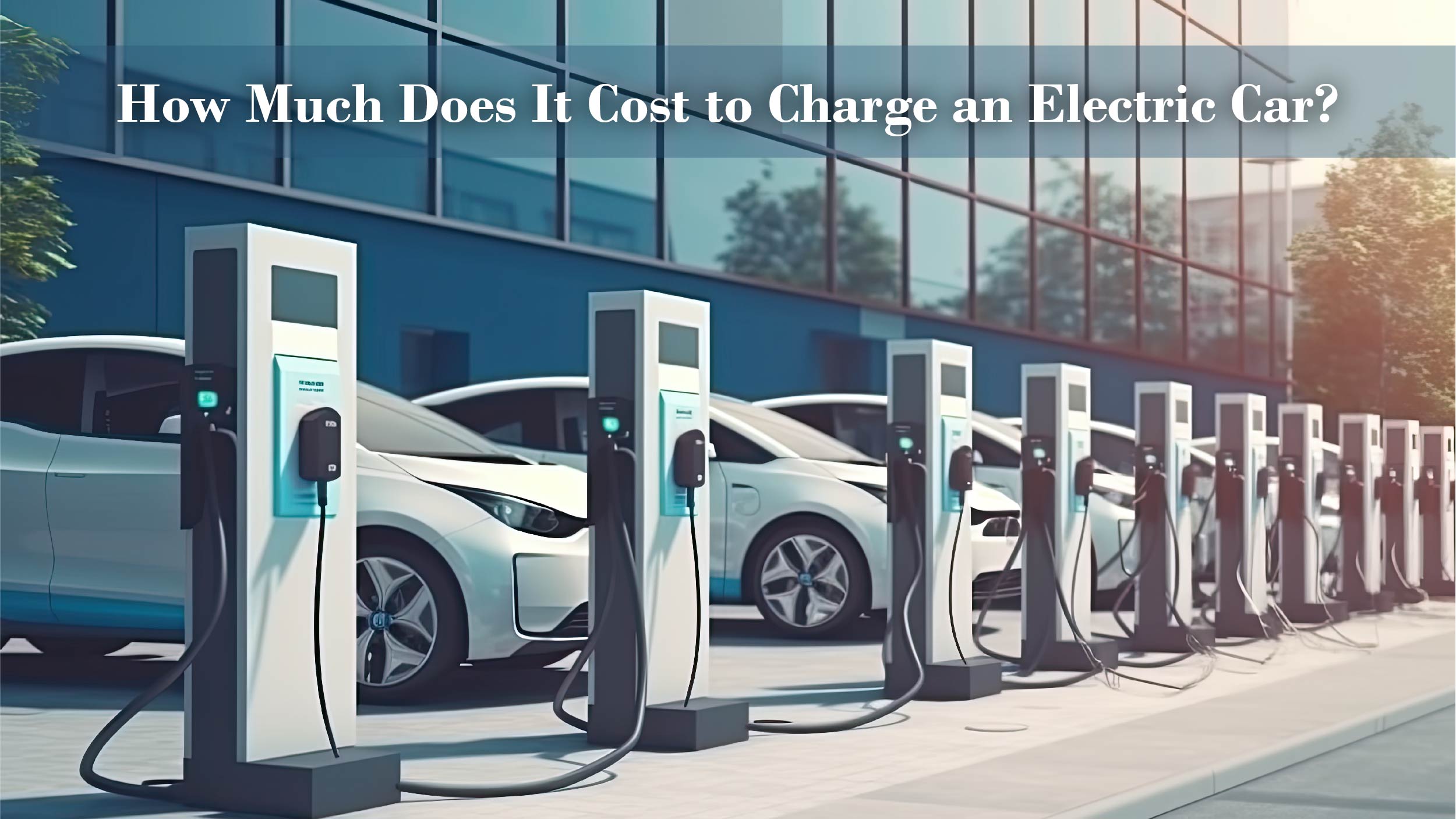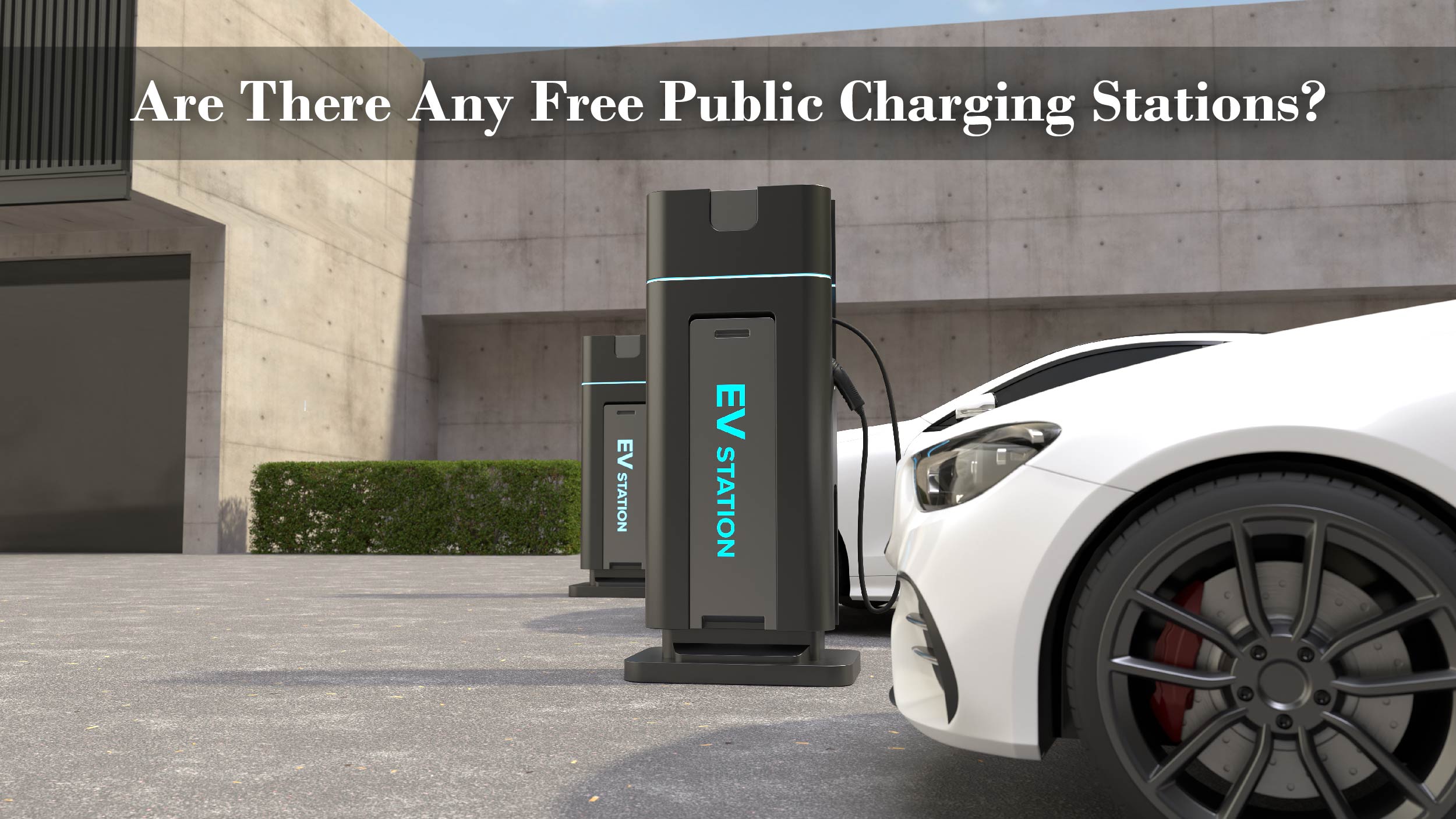When thinking about buying an electric vehicle, the cost is a significant factor. You need to think about not just the car’s price but also how much it’ll cost to charge your electric car compared to what you’d spend on gasoline.
Charging your EV at home might seem convenient, but you might worry about its impact on your electric bill. The reassuring news is that, in the long term, it’s much cheaper than fueling up with gasoline. To get a precise idea of the cost of charging an electric car, you should take into account both public charging and home charging costs, including the expense of installing your own charging station.
How Do Public EV Charging Stations Decide What to Charge You?
To figure out the cost of charging your electric vehicle at a public station, we first need to understand how they calculate it. Different states have regulations that lay out the rules for how these stations set their rates for electricity. The way you’re billed at a public charging station depends on where you are and can generally fall into two categories.
The first way is similar to how you pay for electricity at home: it’s based on kilowatts per hour (kWh). This is the standard unit utility companies use to measure electricity consumption, and they bill you in cents per kWh.
At home, a typical Level 2 charger operates at around 32 amps and delivers between 7 and 19 kilowatts (kW) of power. Public Level 3 stations usually provide even more power. Many EV owners prefer faster home charging and often go for chargers like the JuiceBox 40, which has 40 amps and can add 32 to 35 miles of range per hour. On average, EVs have a capacity of around 68 kW, which indicates that a full charge using a Level 2 charger would take anywhere from 4 to 10 hours.
The basic formula for calculating the average cost to charge an electric vehicle is given below:
Charging Cost = (VR/RPK) x CPK
On the other hand, certain public charging stations charge you by the minute. In this case, there’s a fixed amount of electricity that flows into your car every minute. This flow rate is governed by state laws, and electricity providers can then determine their pricing. Typically, these stations round up the time to the nearest 30 seconds.
How Much Does It Cost to Charge an Electric Car?

Charging your electric car at a public charging station is pricier compared to charging it at home. Public charging, typically priced per kilowatt-hour (kWh), ranges from $0.30 to $0.60 per kWh, whereas home charging typically costs around $0.16 per kWh. The exact cost varies based on local electricity rates, regulations, and the charger type. Level 2 chargers at public stations usually charge between $0.20 and $0.25 per kWh, while the more common Level 3 chargers cost from $0.40 to $0.60 per kWh.
No matter how you slice it, public charging comes with a markup of at least 100% compared to home charging. Therefore, most electric vehicle owners prefer to charge at home due to the cost savings and convenience, avoiding the detour to a public charging station.
Are There Any Free Public Charging Stations?

Nowadays, the majority of public charging stations require payment. This might involve becoming a member of a specific network with a monthly fee or paying directly at the charging station. Some places, like shopping malls, supermarkets, restaurants, hotels, and universities, offer a limited number of free chargers as an incentive to attract customers. However, these free stations are a small fraction of the total public charging options. If you’re fortunate enough to have access to free charging, it’s an excellent way to reduce your charging expenses.
Regarding home charging, it remains the most cost-effective option for electric vehicle owners. Charging at home primarily depends on the cost of the equipment, installation, and your home electricity rate. Investing in a high-quality home charging system costs roughly the same as a year of regular maintenance for a gas-powered vehicle. Furthermore, the IRS offers a tax credit for purchasing a new electric car, which is almost double the credit for buying and installing a new home charging system.
Takeaways
Charging your electric vehicle during a road trip can be a bit unpredictable, typically falling in the range of $10 to $30 per charge. This can sometimes make road-tripping with an EV appear costlier compared to using a traditional car. To keep your road trip expenses in check, you can make use of helpful apps like A Better Route Planner or PlugShare to plot out charging stops along your journey. Additionally, try to utilize charging stations at supermarkets and hotels when they’re available.
However, it’s important to keep the bigger picture in mind. Even though EV road trips might seem a bit pricier at times, the overall ownership costs of an electric vehicle are significantly lower. According to a study by Consumer Reports in 2020, EV owners can expect substantial savings when it comes to maintenance and fuel expenses of up to 50%. They found that EVs cost about half as much to maintain, and the savings from home charging more than offset the costs associated with occasional road trips. So, even though road trips might entail some extra charging expenses, EVs still demonstrate long-term cost-effectiveness.






